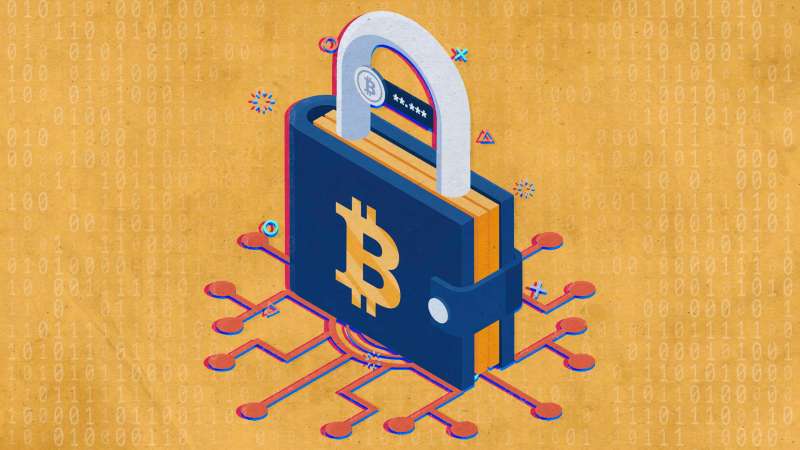In the world of cryptocurrencies, hot wallets have emerged as a popular choice for users seeking convenient access to their digital assets. These wallets are designed for frequent transactions and provide easy management of cryptocurrencies. However, it’s essential to understand the potential security trade-offs associated with hot wallets.
What are Hot Wallets?
Hot wallets are online or internet-connected cryptocurrency wallets. They are often provided by cryptocurrency exchanges, and users can access them through web interfaces, mobile apps, or desktop applications. These wallets enable users to send, receive, and manage their digital assets conveniently. They offer a user-friendly interface, making them ideal for everyday transactions.
Convenience and accessibility
Hot wallets excel in terms of convenience and accessibility. Users can quickly access their funds from any internet-connected device, making them suitable for on-the-go transactions. They are particularly useful for frequent trading or making purchases with cryptocurrencies. The ability to access funds instantly and manage them seamlessly enhances user experience and fosters the growth of the cryptocurrency ecosystem.

Security considerations
While hot wallets offer convenience, they come with inherent security risks. As online wallets, they are connected to the internet, making them vulnerable to potential cyber threats. Here are some key security considerations to keep in mind:
- Online vulnerabilities: Hot wallets are more susceptible to hacking attempts, malware, phishing attacks, and other online security risks. If a hacker gains unauthorized access to a hot wallet, they may be able to steal the funds stored within it.
- Exchange dependency: Many of these wallets are provided by cryptocurrency exchanges. In such cases, users entrust the security of their funds to the exchange. If the exchange experiences a security breach or goes offline, it can result in the loss of funds.
- Lack of control: Hot wallets typically involve a degree of reliance on third-party services. Users do not have complete control over their private keys, which are required to access and transfer funds. If the wallet provider experiences an issue or engages in malicious activities, users may face difficulties or lose access to their funds.
Conclusion
Hot wallets offer convenient access to cryptocurrencies, allowing users to easily manage their digital assets for everyday transactions. However, it’s crucial to weigh the convenience against the potential security trade-offs. Users should remain vigilant, follow best practices, and consider diversifying their storage solutions by using cold wallets or hardware wallets for long-term storage. Understanding the risks associated with these wallets empowers users to make informed decisions and protect their valuable cryptocurrencies in an evolving digital landscape.










